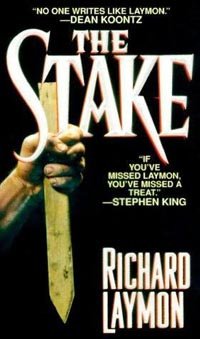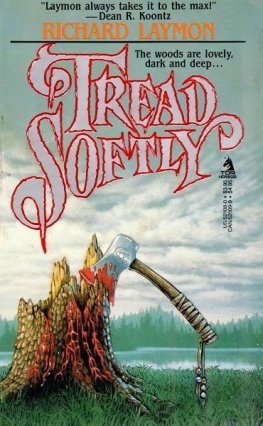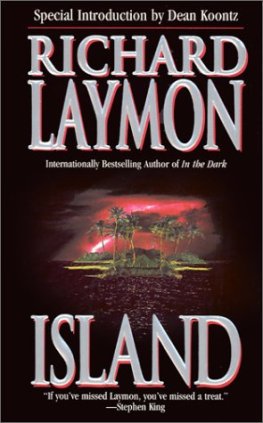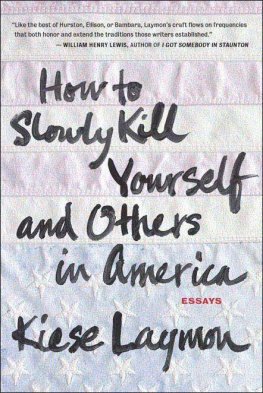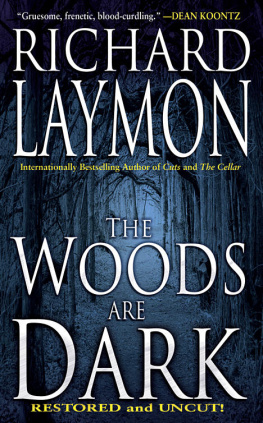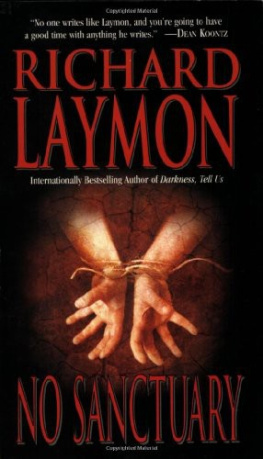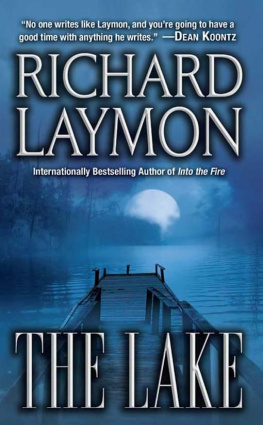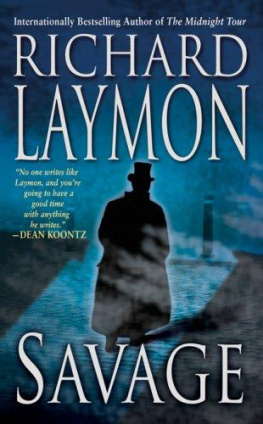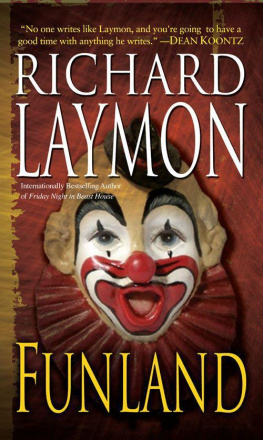Praise for Heavy
Oh my god. Heavy is astonishing. Difficult. Intense. Layered. Wow. Just wow.
Roxane Gay, author of Hunger
What I have always loved about Kiese Laymon is that he is as beautiful a person as he is a writer. What he manages to do in the space of a sentence is unparalleled, and thats because no one else practices the art of revision as an act of love quite like Kiese. He loves his mother, his grandmama, Mississippi, black folks, his students, his peers, and anyone else willing to embrace his love enough to give us this gorgeous memoir, Heavy . This reckoning with trauma, terror, fear, sexual violence, abuse, addiction, family, secrets, lies, truth, and the weight of the nation and his body would be affecting in less capable hands, but with Kiese at the helm it is nothing short of a modern classic. These sentences that he so painstakingly crafted are some the most arresting ever printed in the English language. Kieses heart and humor shine through, and we are blessed to have such raw humanity rendered in prose that begs for repeat readings. We do not deserve Heavy . We do not deserve Kiese. That he is generous enough to share is testament to his commitment to helping us all heal.
Mychal Denzel Smith, author of Invisible Man, Got the Whole World Watching
There are those rare writers in the world whose work unearths the stories that have been buried in and around us for so long. They force us to confront all that we would rather not see, and ask us to reckon with why we have failed to see it for so long. Kiese Laymon is one such rare writer. Heavy is a memoir, yes, but it is also a testament to a sort of truth and self-reflection that is increasingly rare in our world today. If for some reason you were not already convinced, there should no longer be any doubt that Kiese Laymon is one of the important writers of our time.
Clint Smith, author of Counting Descent
At once tender and explosive, Kiese Laymons Heavy is a growing-up story laden with an unusual candor. The book is stark, beautiful, challenging, and refreshing. Laymon explores abuse, love, violence, addiction, gender, and race without ever veering into the realm of the titillating or dehumanizing. He carries his people with a sweetness and fullness of heart that allows them to shine in three dimensions, allowed to be ugly and complicated and beloved and human. The abundance of Heavy is going to be a gift for many hurting hearts, in our time and beyond.
Eve Ewing, author of Electric Arches
With Heavy , Laymon has outlined the wretched shape of our relentless national lie with duty and precision, breathing and pouring into it to shine the light ever brighter on its contours and limits. Heavy is an intimate excavation, a diagnosis, and a prescription for a cure for the terrifying dishonesty of the American body politic. I did not want to remember what I have found necessary to forget. Ready or not, Heavy remembers for me, and for us all, with the exquisite black southern precision of a post-soul blues. Its brilliance is in its intimate and firm reminder that we are more than what has been done to us by others and by this nation, and that we can and must unburden ourselves as we move toward freedom. With Heavy , Laymon, the chief blues scribe of our time, writes and plays us a path through the weight of things.
Zandria F. Robinson, author of This Aint Chicago
Kiese Laymons new book is an emotional powerhouse. He fearlessly takes the reader into the dark corners of his interior life. Wound, grief, and enduring pain reside there. But this book is a love letter. And, as we all know, love is a beautiful and funky experience. Thank you, Kiese, for this gift.
Eddie Glaude, author of Democracy in Black
Kiese Laymon has done nothing less than write the autobiography of the first generation of African Americans born after the civil rights movement of the 1960s and the black power ethos of the 1970s. His story of grappling with love and violence and language and our bodies is this generations story, and it is as moving and heartbreaking and heartwarming as you would expect. And then some.
Courtney Baker, author of Humane Insight
Heavy is an act of truth telling unlike any other I can think of in American literature, partly due to Laymons uniquely gifted mindhis ability to pursue the ways we lie to each other while also loving each other, or not, and the humility he brings to bear while doing so, this consistently brings us back to life, to what matters in this world. Heavy is a gift to us, if we can pick it upa moral exercise and an intimate history that is at the same time a story about America.
Alexander Chee, author of How to Write an Autobiographical Novel
On the low, many in these United States of America imagine that to be black means that whiteness, whether in its feigned supremacy or brutal imaginings, should be the center of every black story. But nah, thats meager. In Heavy , Kiese Laymon remembers how people who loved each other or might have loved each other nearly shattered everything around them with hurt and then struggled to piece it all back together. Kiese crafts the most honest and intimate account of growing up black and southern since Richard Wrights Black Boy . Circumventing the myths about blackness, he writes something as complex and fragile as who we is. An insiders look into the making of a writer, Heavy is part memoir and part look into the books that turned a kid into a storyteller. Heavy invites us into a black South that remembers that we loved each other through it all. In Nikki-Rosa, Nikki Giovanni wrote that black love is black wealth. This book is the weight of black love, and might we all be wealthy by daring to open up to it.
Reginald Dwayne Betts, author of A Question of Freedom
Heavy heaves, sings, hums, and runs all night to make it clear that theres an alternative, that black historys first premise is mutuality. That mutuality isnt perfect, aint safe, its dangerous, in fact, and Heavy moves in a terrible and beautiful and so gentle proximity to thatat crucial times our primarydanger, the ones we love and who love us the most. I was with Kiese the whole damn heavy-floating way, word for word in laughter and tears, in recognition, refraction, and revelation. But, way more than any of those, sentence by sentence, I was with Kiese in thanks.
Ed Pavli, author of Another Kind of Madness
In Heavy , Kiese Laymon asks how to survive in a body despite the many violences that are inflicted upon it: the violence of racism, of misogyny, of historythe violence of a culture that treats the bodies of black men with fear and suspicion more often than with tenderness and attentive care. In prose that sears at the same time as it soars, Kiese Laymon breaks the unbearable silence each of these violences, in their peculiar cruelty, has imposed. Permeated with humility, bravery, and a bold intersectional feminism, Heavy is a triumph. I stand in solidarity with this book, and with its writer.
Lacy M. Johnson, author of The Other Side and The Reckonings
How appropriate Kiese Laymons stunning memoir is titled Heavy . Not only are the stains and hurt highlighted here, heavy, but also the writers capacity to revive graveyards of ghosts who haunt and seemingly will continue to haunt the protagonist. Laymon is a fearless writer, our writer, whos willing to expose and explore his most vulnerable interiors so that we might get closer to our truths. This is a southern book for backroads and cornbread, for Cadillacs and collard greens, for big mamas and moonshine. Heavy is full of our beautiful and ugly histories, and a declaration of how we might seek redemption. The colorful and complicated characters here speak a blues and poetry that is both nostalgic and familiar. This is the book we need right now. We should all be thankful for this ultramodern weighty testament of heartache, catharsis, and utter brilliance.
Next page

